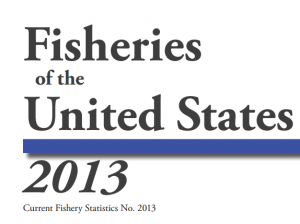After months of expert and public consultation, the Florida Fish and Wildlife Conservation Commission has announced the draft text of new regulations that will govern land-based shark fishing. It’s mostly very good news that directly addresses most of our concerns!

A review of the problem
Land-based anglers in Florida (those who fish from beaches, docks, and piers) catch large numbers of threatened, protected species, handling them in needlessly cruel ways that likely result in mortality or permanent injury. Anglers are aware that what they’re doing causes harm to certain species and violates some existing regulations. Hammerhead sharks in particular are extremely physiologically vulnerable and need to be released much faster than they are currently being released or else they will very likely die.
(Learn more: see my paper on this subject, my blog post summarizing that paper, an open letter calling for action, an op-ed I wrote about this, a review of the existing rules and how they’re regularly violated, and a years-old blog post describing one problematic incident with land-based shark fishing)
Read More “Florida releases draft land-based shark fishing regulations” »


